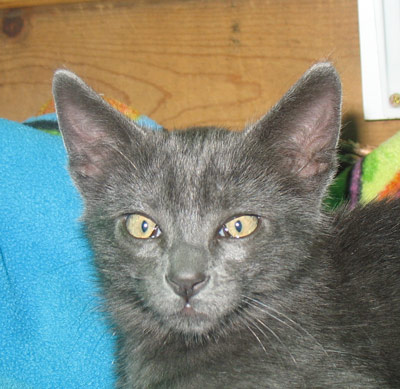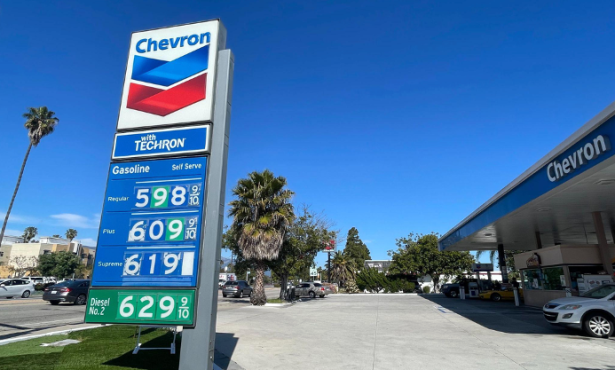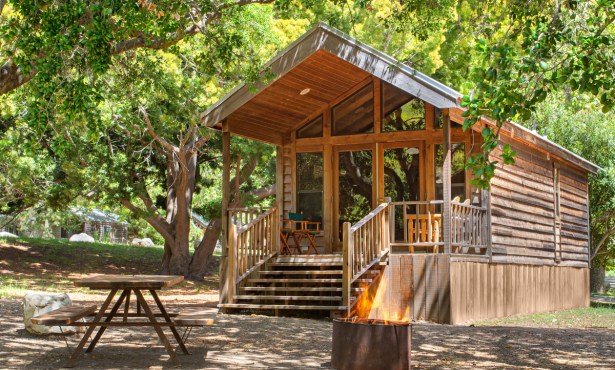Meatless Month
Celebrate National Hug a Vegetarian Day
Friday, September 24, is National Hug a Vegetarian Day. If you’re a vegetarian, organize a lunch at your favorite vegetarian-friendly restaurant and encourage those you’ve invited to eat vegetarian with you for one meal. If you’re not a vegetarian, consider skipping meat just once per week. Many omnivores are choosing to make their Mondays meat-free. Even tops chefs are embracing vegetarianism. Master chef Mario Batali has implemented a Meatless Monday in all of his 14 restaurants across the county. The Naked Chef, Jamie Oliver, is also a fan of vegetarianism. He’s in the process of creating a vegetarian cookbook for all his veggie fans. Oliver told The Huffington Post: “Vegetarian as a general concept is a brilliant thing. We’ve got to stop eating so much meat. We are eating too much meat.”
The following are a few reasons I can offer for becoming a vegetarian:
You will lower your risk of disease and live longer. Those who avoid meat typically avoid foods that are high in cholesterol and saturated fat, lowering risks of heart disease, diabetes, high blood pressure, stroke, and many types of cancers. A study in The International Journal of Cancer concluded that red meat is strongly associated with breast cancer. The National Cancer Institute says that women who eat meat every day are nearly four times more likely to get breast cancer than those who don’t. Plus, you will live longer. The British Medical Journal claim that vegetarians outlive meat eaters by six years.
You will lose weight. On average, vegetarians are slimmer than meat eaters. That’s because diets that are higher in vegetable proteins are much lower in fat and calories.
You will save money. Replacing meat, chicken, and fish with vegetables and fruits is estimated to cut food bills by an average of $4,000 a year.
You will spare the lives of animals. According to the organization Choose Veg, the average vegetarian saves the lives of more than 50 animals each year. That helps put a dent in the 50 billion animals that are slaughtered every year for food consumption. Plus, you won’t be supporting an industry that raises animals in cramped, overcrowded spaces, and denies them sunlight and fresh air before slaughtering them.
You will help prevent global warming. According to the environmental group Earth Save, methane emissions cause 50 percent of the planet’s human-induced global warming. Most of this methane—100 million tons of it—is produced by animal agriculture every year. Researchers at the University of Chicago reported that the average American could do more to reduce global warming by switching to a vegetarian diet than by switching to a Prius. The study proved that it takes 10 times as many fossil fuels to produce a calorie of meat protein than it does to produce a calorie of plant protein.
You will help prevent air and water pollution. Factory farms produce massive amounts of contamination that pollute the air and water. Modern American farms churn out five million tons of manure each day. That’s more than 100 times our human population and way more than our planet can possibly absorb over a long period of time. The EPA reports that roughly 80 percent of ammonia emissions in the United States come from animal waste, the main contributor to acid rain.
You will conserve water. It takes 2,500 gallons of water to produce one pound of beef, but just 25 gallons of water to produce a pound of wheat.
You will help prevent land degradation. Scientists at the Smithsonian Institute reported that on a global basis, the equivalent of seven football fields of land is bulldozed every minute to create more room for farmed animals. According to the U.N., this is a major contributor to deforestation, especially in Latin America where 70 percent of the Amazon has been turned over to grazing. Not only is land being cleared to raise livestock, but also even more land is needed to grow the millions of tons of grain to feed the livestock.
You will help prevent famine. Jeremy Rifkin, the author of Beyond Beef: The Rise and Fall of the Cattle Culture, states: “People go hungry because much of arable land is used to grow feed grain for animals rather than food for people. In the U.S., 157 million tons of cereals, legumes, and vegetable protein—all suitable for human consumption—is fed to livestock to produce just 28 million tons of animal protein in the form of meat.” Using land for animal agriculture is inefficient in terms of maximizing food production. According to the journal Soil and Water, one acre of land could produce 50,000 pounds of tomatoes, 40,000 pounds of potatoes, 30,000 pounds of carrots, or just 250 pounds of beef.
You will help protect the oceans. The oceans are being overfished, coral reefs are being destroyed, and sensitive seafloors are getting raked with drag nets. Many species are threatened, including dolphins, seabirds, and turtles that get snagged in the nets.
You will avoid toxic chemicals. The EPA estimates that nearly 95 percent of pesticide residue in our diet comes from meat, fish, and dairy products. Fish, in particular, contain carcinogens (PCBs, DDT) and heavy metals (mercury, arsenic; lead, cadmium) that cannot be removed through cooking or freezing. Meat and dairy products are also laced with steroids and hormones.
Try Going Vegetarian one Meal per Week
Just substituting one meat meal a week for a vegetarian meal can make a difference to the environment. The Environmental Defense Fund states that if every American had one meat-free meal per week, it would have the same environmental impact as taking more than 5 million cars off our roads.
The good news is, these days it is easier than ever to be a vegetarian. When I first became a vegetarian, over 20 years ago, there weren’t many products on the market. Now there are countless options. Morning Star Farms makes vegetarian buffalo wings, chicken patties, BBQ ribs, and meatless meatballs. Boca makes vegetarian breakfast patties, chicken nuggets, and Italian sausages that are great on the grill. These meatless products are high in protein, low in fat, and more importantly, they taste good. I have an uncle who will leave the dinner table if there isn’t meat on his plate. Yet this same uncle sat through my entire vegetarian wedding without a complaint. If he can do it for one meal, so can you. For recipe ideas, check out Alicia Silverstone’s new book, The Kind Diet.
Announcement
The Bunny and Guinea Pig Festival
Enter your bunny or guinea pig in bowling, carrot eating, or the obstacle course. Nail trimming, massage, grooming are available at the Spa. Have a brief check up with Dr. Haskell or Dr. Lumsden, see Dr. Rugg the Acupuncturist and Laura Stinchfield the Animal Communicator. Have a portrait of your bunny done at the Photo Booth. Shop for bunny supplies and gifts at vendors, which include the Bunny Bunch, Heidi Bratt, Dazzling Animals, Oreana Winery, and SLO BUNS. Get a tattoo, a bunny kiss, or have bunny tarot cards read. Find bargains at the silent auction, and snacks at the Carrot Café. The Briar Patch has great children’s activities. Visit and pet the adoptable rabbits. Rest your rabbit or guinea pig in the Lagomorph Lounge. Sunday, September 26, 124 p.m., S.B. Courthouse Sunken Gardens For more information, visit bunssb.org.
Adoptable Pet of the Week

Meet Nickel. We call him Nickel because his silver gray fur shines like a brand new nickel. This 10-week-old boy is ready to go home and has a personality that just busts at the seams. He truly is a handsome kitten who loves to play and wants lots of love and lap time.
RESQCATS has so many kittens that are social and friendly, but once you meet this little guy, it won’t be hard to choose to take him home. He will go home with lots of toys and his special blanket. He promises to entertain you, make you laugh, and love you for many years to come.
Call RESQCATS at 563-9424 for an adoption appointment. All kittens and cats have had a full veterinary exam and been vaccinated, wormed, spayed or neutered, and tested for leukemia. RESQCATS is a nonprofit sanctuary dedicated to the rescue, care and adoption of abandoned cats and kittens in Santa Barbara. For more information, visit resqcats.org.



